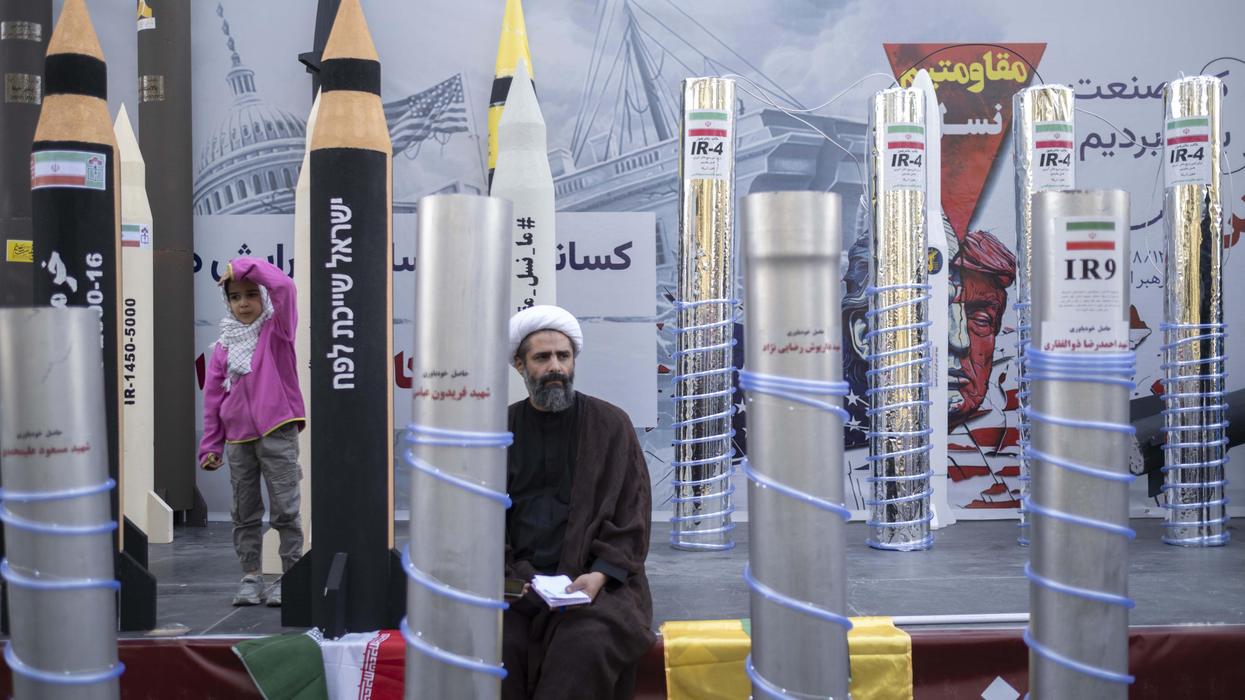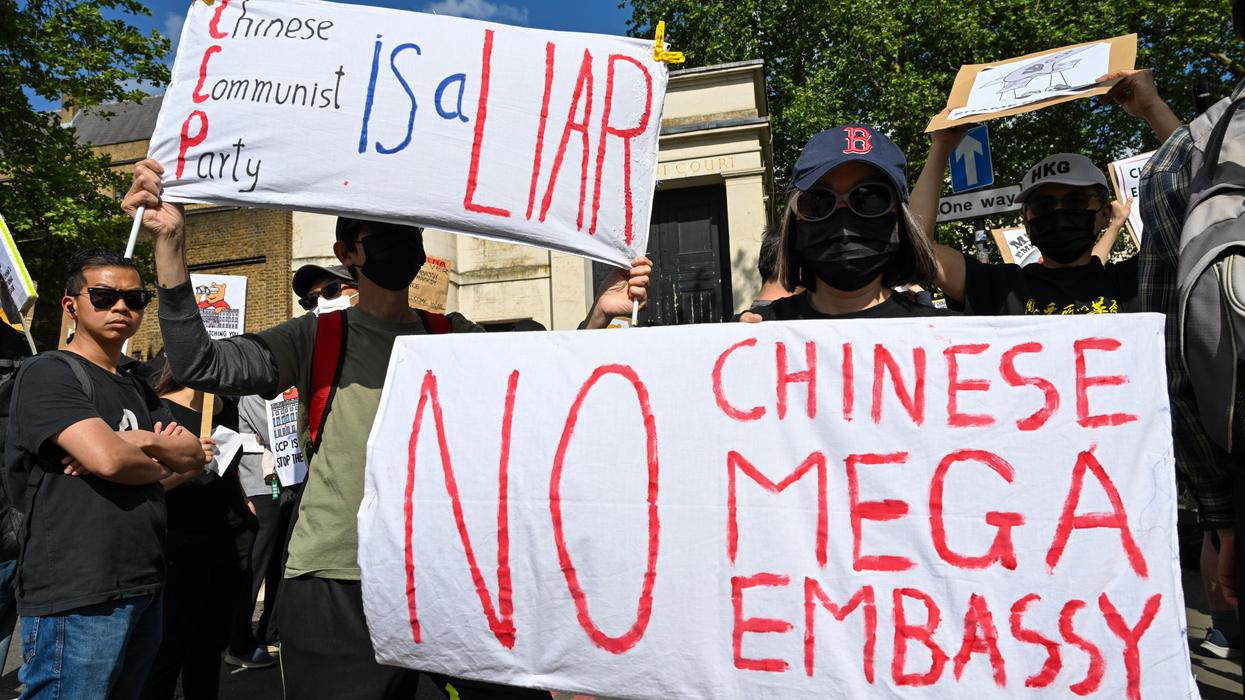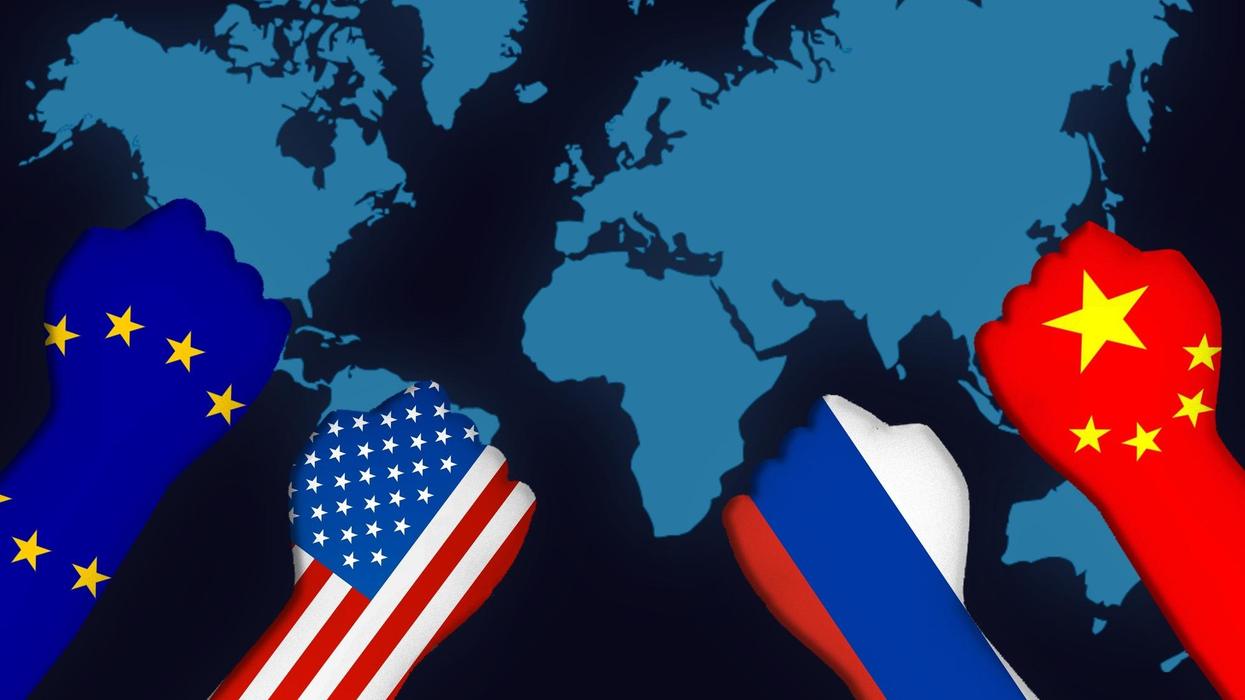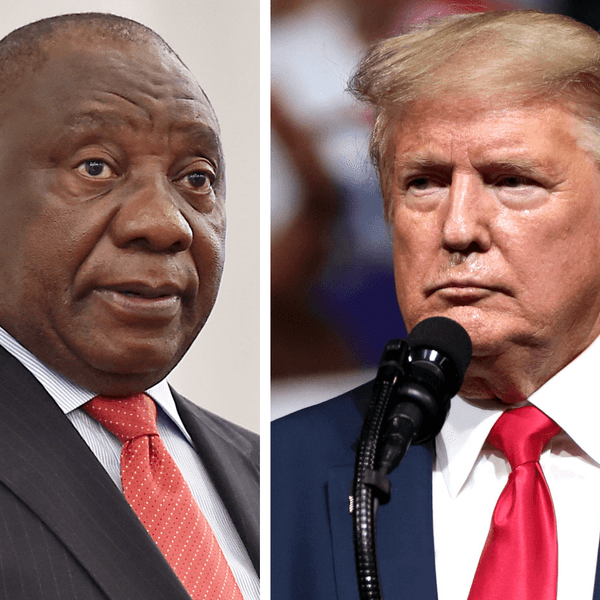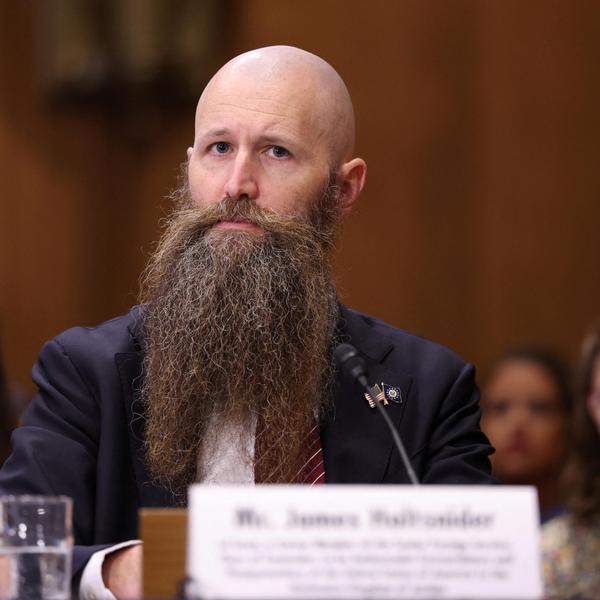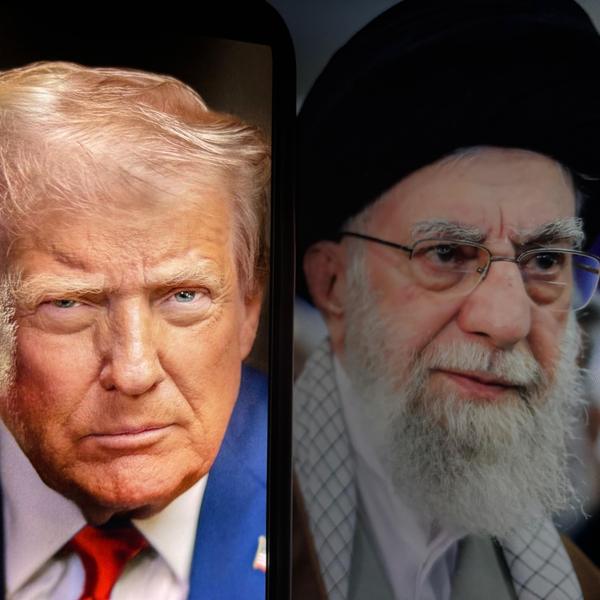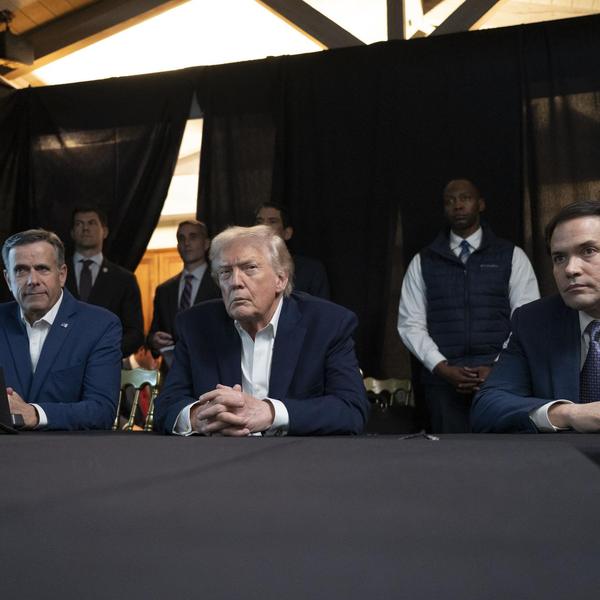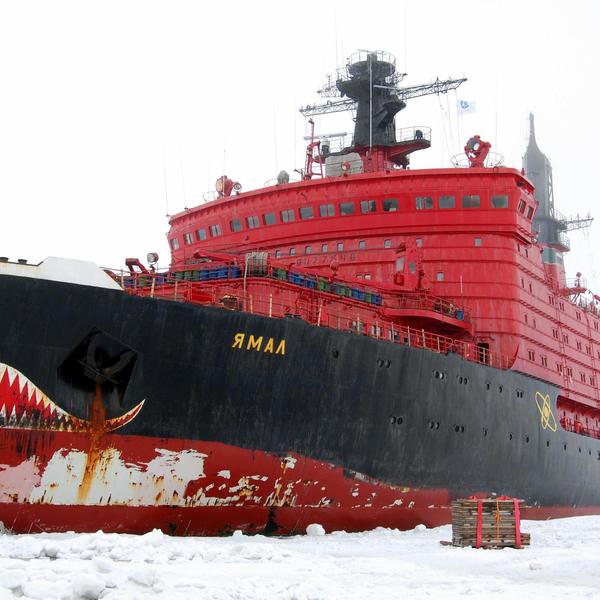Turkey is arguably the most important Muslim country in the world today. It has also become a maverick in international relations. So where does it stand in the complex proxy war between NATO and Russia over Ukraine?
Turkey gained huge political and military experience while running the powerful Muslim Ottoman Empire for nearly six centuries — one of the largest and longest-lasting empires in world history. After its collapse and carving up at the end of World War I, a bruised Turkey gradually climbed its way back up to a position of a great regional power. Today its strategic location, its broad-based home-grown economic structure (without oil), and the ambition and scope of its geopolitical vision help define the importance of the country today.
Particularly under the 20-year leadership of President Recep Tayyip Erdogan, Turkey has moved to assert its status not just as a Middle East power, but as a European, Balkan, Mediterranean, Caucasian, Central Asian, Eurasian, even yes, African player as well. And, like many other countries, its governance has gradually slid into a heavy-handed autocratic and populist style of the kind that has come to be known as "illiberal democracy."
Turkey’s geography of course places it athwart the strategic sea passages of the Dardanelles and Bosphorus — the gateway to the Black Sea for tankers, merchant vessels and warships and where Russia’s Black Sea fleet resides in the Crimea. This gives Ankara further geopolitical weight.
Over centuries, the Russian Empire of the tsars regularly annexed portions of the of Ottoman territory which helps explain why Turkey quickly sought protective membership in NATO in 1952, thereby asserting its clear European status on NATO's easternmost flank. But with the collapse of the Soviet Union in 1991 and the emergence of new post-Soviet states, Turkey suddenly found itself without a land border with Russia and the disappearance, virtually overnight, of its most important geographic/geopolitical “threat.”
Turkey today is still a member of NATO, but it has since often played loose with NATO rules and expectations, even going so far as buying the Russian S-400 missile system instead of its U.S. equivalent. In reality, NATO now matters little to Turkey in terms of defense; its main value lies in giving Ankara a seat at the table of an important European and trans-Atlantic security institution.
And today Turkey will no longer accept being defined as a “loyal NATO ally” ready to do Washington’s bidding on the international stage. It aspires to a broad regional leadership, unbeholden to any single country or power. It plays an important role in Libya, strongly supports the Palestinian cause, is friendly with the (non-violent) Muslim Brotherhood, decisively supported Azerbaijan in its recent war with Armenia, is active in Somalia and other African states, maintains decent relations with Iran, sells arms to Ukraine, works closely with Russia in economic and strategic terms, maintains close ties to Central Asian Turkic states, and is keenly interested in participating in China’s visionary and strategic Belt and Road Initiative across Eurasia. All in all, a set of seemingly “incompatible” interests that it nonetheless manages pretty effectively, much to the chagrin of Washington which prefers a more deferential ally.
Not surprisingly then, in the current NATO-driven confrontation between Ukraine and Russia, Turkey is not about to take clear sides that would cause it to lose traction between NATO and Russia. It has openly criticized the Russian invasion as a "war," co-sponsored the U.N. General Assembly resolution that “deplored” Russia’s aggression Wednesday, and may yet exert legal controls over passage of Russian warships into the Black Sea. Although Turkey maintains important ties with Russia, it also supports the Tatars (Turks) in Crimea and above all opposes any Russian moves in the region that threaten the national sovereignty of other states. Turkey also sells the highly effective drone missile system Bayraktar to Ukraine.
But Turkey will resist being drawn into any deeper or permanent anti-Russian NATO posture. Ankara has even offered to mediate — since it enjoys credibility with both Russia and Ukraine.
While some believe NATO will emerge strengthened from this Ukraine conflict, I believe that, as the ugly economic consequences for the West of this war come to light, non-NATO officials and populations in Europe will come to have second thoughts about the wisdom of having blindly followed U.S. adventurism into ramming NATO up to the gates of Russia as if without consequences.
Over the longer run, I believe NATO is becoming a declining and obsolescent security force that thinks only in narrow defensive and military terms. China’s Eurasian vision, on the other hand, is a rising one — economic, infrastructural, cultural, even “civilizational" in character. Neither Turkey nor most of the world will wish to give up potential participation in that project. If Turkey's good ties with both Ukraine and Russia force it into taking a position against either nation, there is no contest — Russia vastly outweighs Ukraine in Ankara’s calculations. But maintaining good working relations with Ukraine at this moment gives Turkey increased leverage with Moscow. Ankara is both self-confident and unwilling to be taken for granted by anyone. But it also needs Russian goodwill to help manage affairs related to the Middle East, Caucasus, Afghanistan, and largely Turkic Central Asia.
Washington, of course, tries to maintain its belief in itself as the center of the geopolitical world, a status it is rapidly losing as America declines and the rest of the world rises. Washington is deceiving itself if it believes that it has world backing behind its latest ideological policy of baiting the bear. It is striking that most of the Muslim world has not signed up to Washington's posture. This reflects the shifting of balance of power in the world in which the United States is no longer the only power that needs to be placated. Both Russia and China matter increasingly in the geopolitics of the Middle East and Eurasia; therefore, most Middle East states are unwilling to risk damaging important relations with either Russia or China simply at NATO's insistence.
Furthermore, most developing countries are vividly aware that, even as Washington reads the riot act over Russian "unprovoked aggression" against Ukraine, they can hardly fail to remember that the U.S. did precisely that against Iraq almost exactly 20 years ago, not to mention its numerous legally groundless military interventions in other countries over several decades including Afghanistan, Libya, Somalia, Syria, and its direct support for Saudia Arabia and the United Arab Emirates in their brutal wars against Yemen. The world has diminishing tolerance for such blatant hypocrisy out of Washington as it demands support for its adventures abroad in search of monsters to destroy.
We can thus expect most Middle Eastern countries to remain "balanced" or neutral when it comes to East-West relations in the future. Even now, we have seen broad Muslim government reluctance to criticize China’s oppressive policies towards its Muslim Uighur population in Xinjiang despite their general concern about Muslim causes; the geopolitical importance of China vastly outweighs the need to dance to Washington’s tune anymore. Even Israel has been hesitant to fully embrace Biden's policies on Russia.
In sum, there is no way Turkey's membership in NATO guarantees long-term Turkish support for an American foreign policy that is hostile to Russia or China. But, as U.S. President Lyndon Johnson once famously remarked about an annoying and maverick political figure in his own Democratic Party, "I’d rather having him inside the tent pissing out than outside the tent pissing in." That view may best describe how NATO views Turkey's complex geopolitical policies today.


